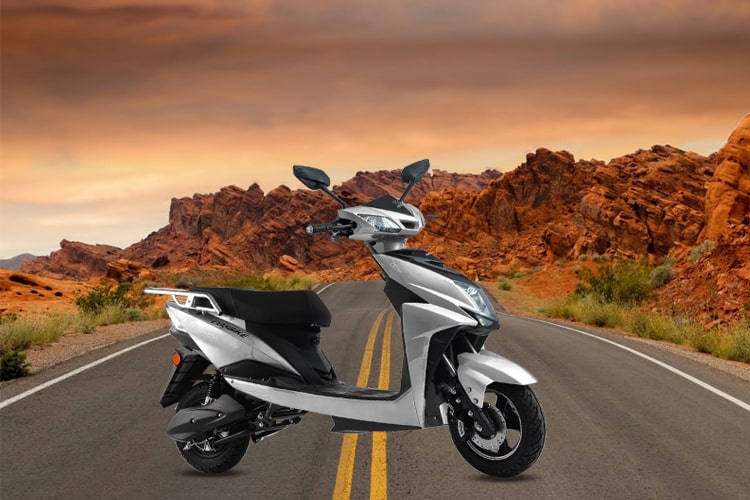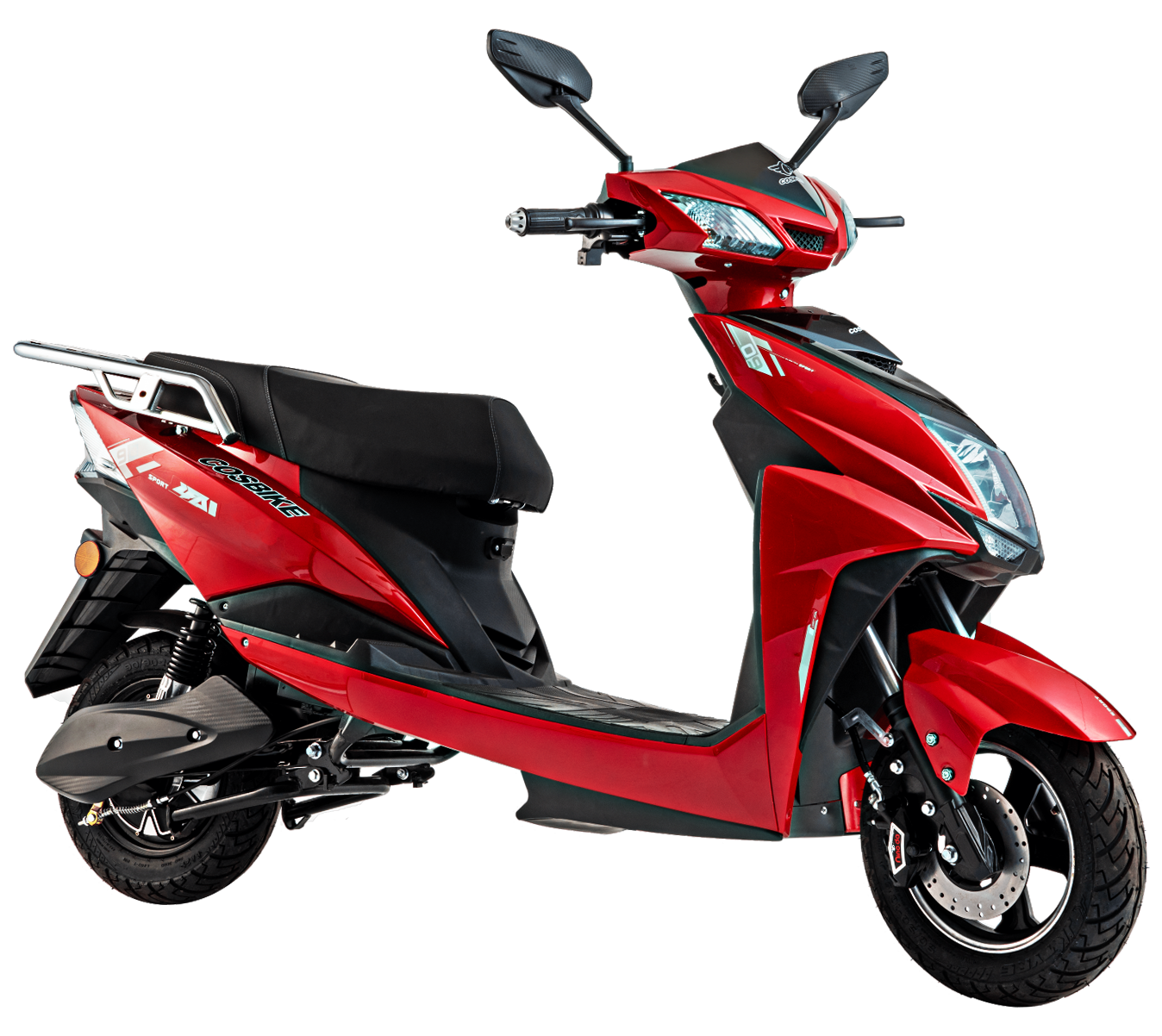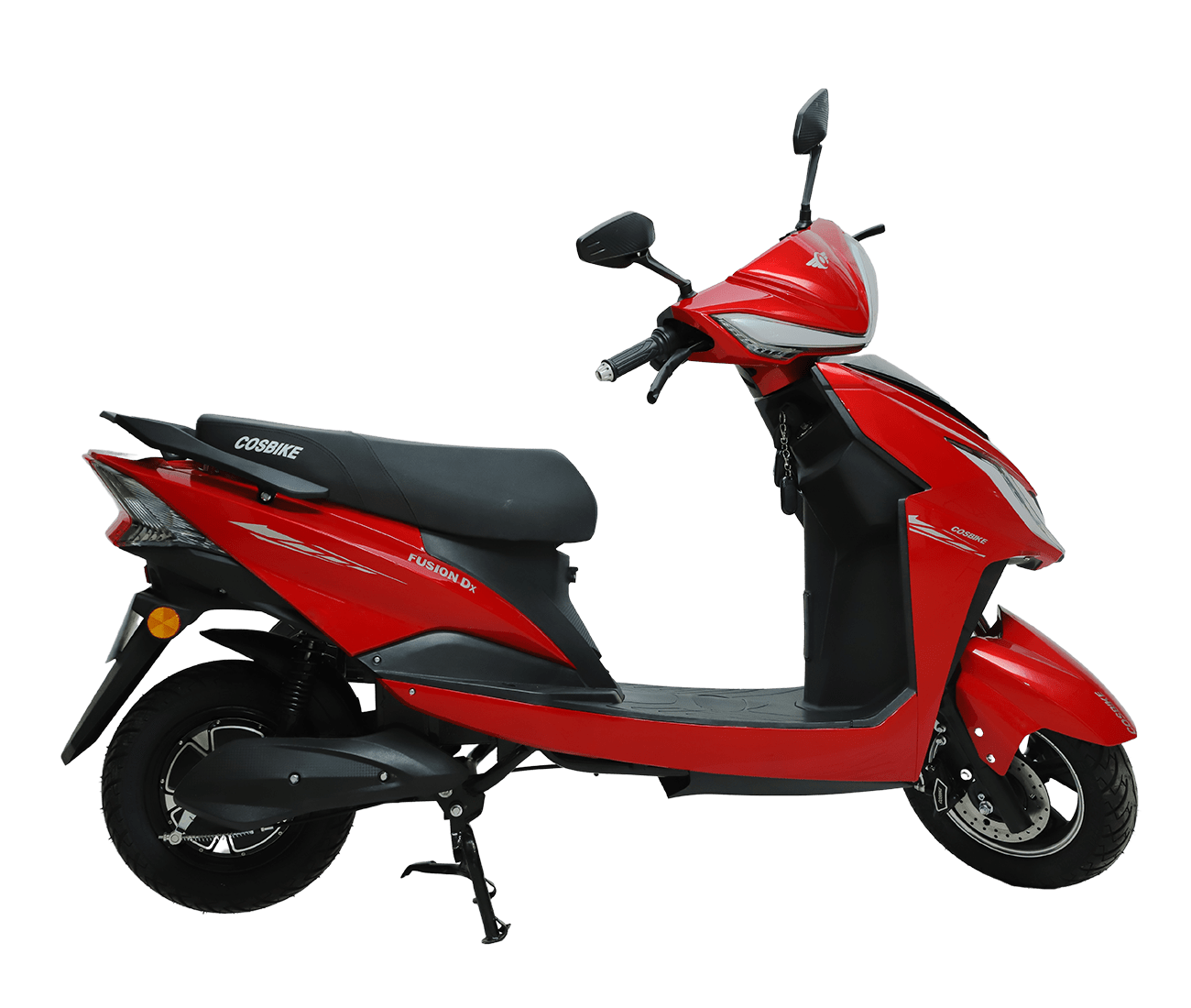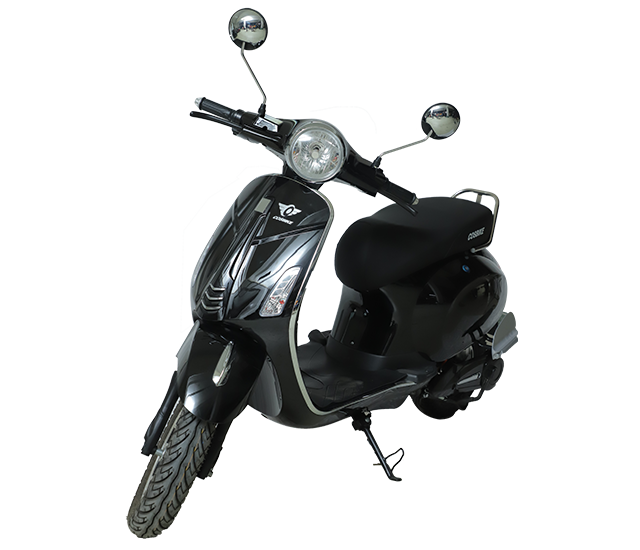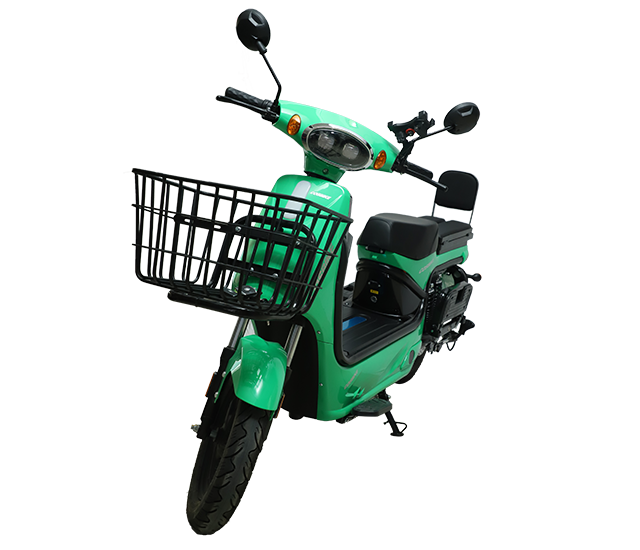The rise in fuel prices has prompted individuals to consider a more cost-effective and environmentally friendly means of transportation. People wish to switch from gasoline to battery-powered vehicles, but they have a lot of questions regarding e-mobility in India. A few commonly asked concerns about BOVs (Battery Operated Vehicles) or Electrical Scooters and E-Bikes are included below.
1. Is a greenish tint number plate required for EBike RTO registration Mandatory, according to CMVR rules?
According to the CMVR 1989 Rule, EVs with a motor-powered at less than 250W does not require RTO registration, i.e. low-speed versions. Whereas, if the motor capacity exceeds 300W, the local authorities will issue a green-colored high-security registration number, indicating high-speed scooters.
2. What are the RTO regulations for obtaining an e-scooter driver's license?
Any battery-operated vehicle with a power rating of less than 250W and a top speed of less than 25 km/h, such as an electric scooter, is free from RTO regulations and does not obtain a permit in India.
3. What is the maximum weight that an electric scooter can hold?
In general, all EVs, including e-scooters, have a maximum load of 150kg, which is the same as any fuel vehicle's carrying capability.
4. In India, how long do electric scooter and E-Bike batteries last?
Because the current temperature in India is around 30-40 degrees Celsius, a VRLA cell with a 300-350 life cycle will last 1-2 years, whereas a lithium-ion battery with a 1500 lifespan will last 3 to 4 years.
5. What is the Electric Scooter Batteries Guarantee?
Each electric scooter manufacturer offers a unique battery warranty. Currently, the popular brands of Electric Scooter offer the maximum battery warranty, which is three years for Lithium-Ion batteries and one year for VRLA cells.
6. Is it possible to charge electric scooters at houses?
It is true that charging an e -scooter is as simple as recharging a mobile phone. It may easily be charged using a standard 6 Amp outlet.
7. Is it possible to ride an electric scooter up the slope?
Yes, a battery-operated scooter can readily go upwards; the only distinction is that you'll need a higher capacitance for longer journeys because going uphill consumes more juice, reducing the average distance covered per fill of your e-scooter. The Peak Load engine of the Electric Vehicle, in conjunction with the cell, provides the essential torque for going uphill. This electric scooter, for instance, has a maximum motor output of 1000 Watts.
8. What is an electric scooter's generator?
Whenever we press braking on a moving car, the vehicle's motion is converted to temperature by the brake discs. This power can be conserved and used to provide additional kilometers while riding an EV.
Inside a brake, in E-Bikes, kinetic energy is transformed into electric power by a hub motor that works as a regeneration motor (i.e. generator) while the brake pedal is pressed, and this energy is then sent back to the rechargeable battery. The brake pads will last longer as a result of this.
This helps to save energy while also improving braking performance. The Regenerative Braking Mechanism is only found on a few e - scooters.
9. How can I cover my e - scooter and E-Bike?
If your automobile is a NON-RTO, you are not required to cover it; but, if you like, you can protect your e - scooter with any insurance carrier.
10. Is riding an electric scooter during the monsoon season safe?
Yes, riding it in the rain is safe because it runs on the Voltage level of 48V-72V. As a result, you don't have to be concerned about AC supply shocks. The motors utilized inside, on the other hand, are IP65 certified, which means they are waterproof and protect them from the elements.
11. Is a helmet required when riding a non-RTO e - scooter?
It is always advisable to wear headgear while driving a vehicle because your protection is in your control.
What are some of the advantages of purchasing an electric scooter?
They are quite cost-effective. You can save the cash compared to the cost of an electric scooter versus the cost of gasoline in 1.5 years. Electric scooters require very little upkeep. As a result, the operating costs are reduced even more.
Answering Common Questions about E-Bikes
By: Admin | 19 July 2022
